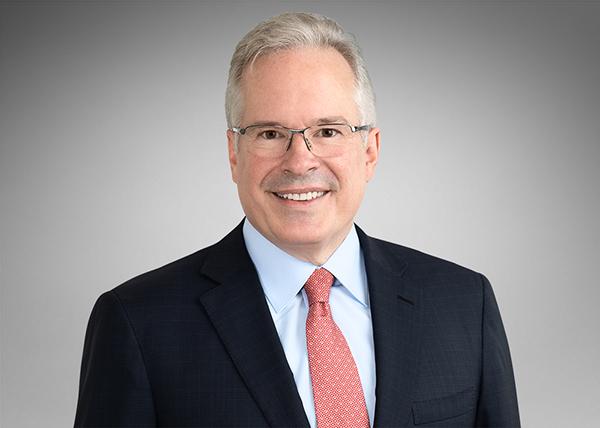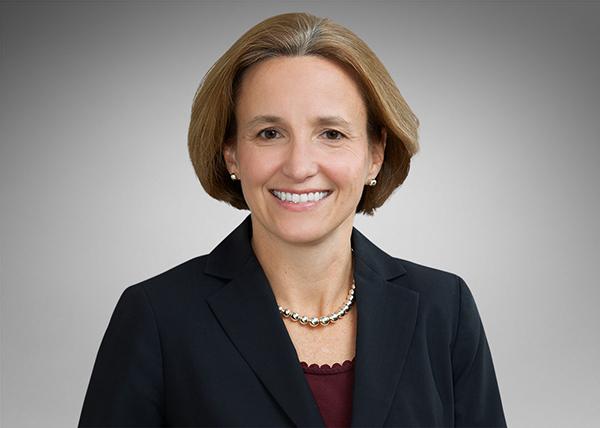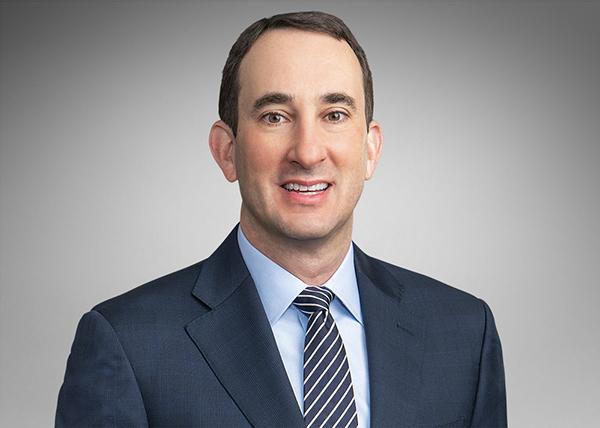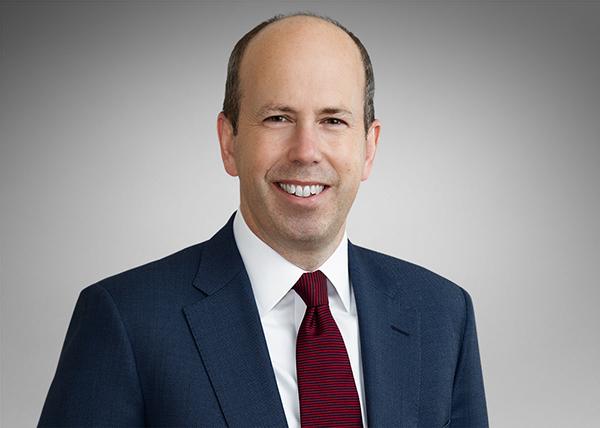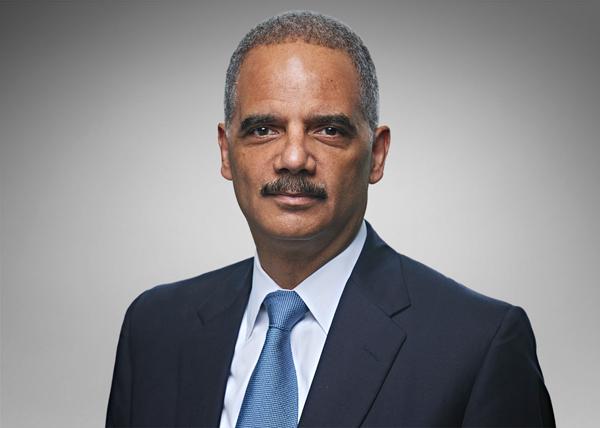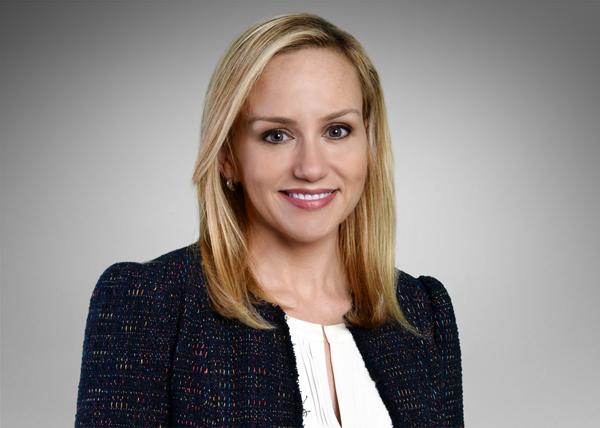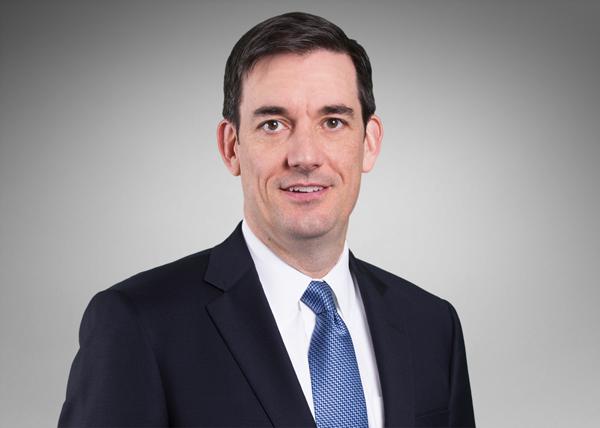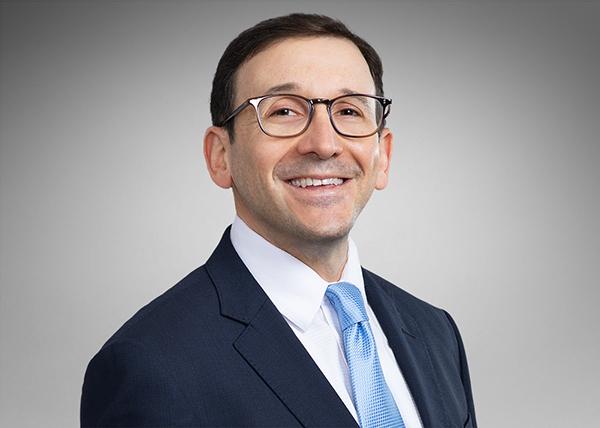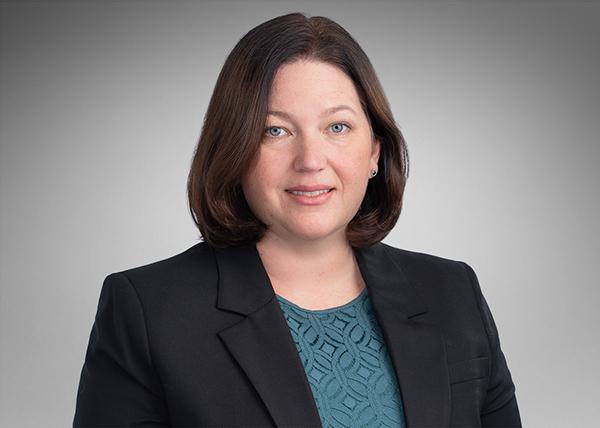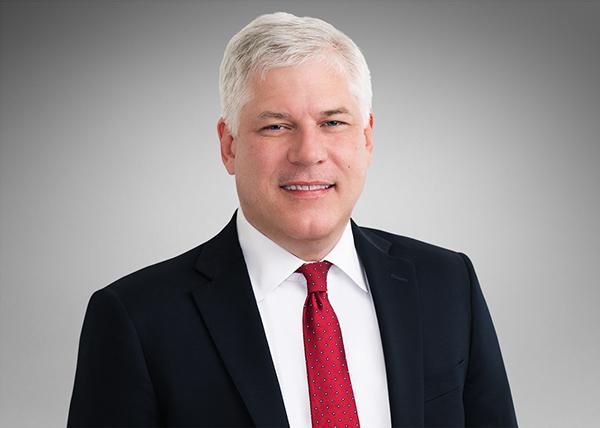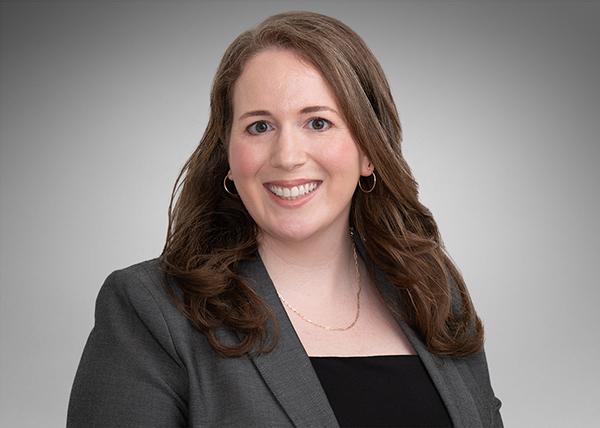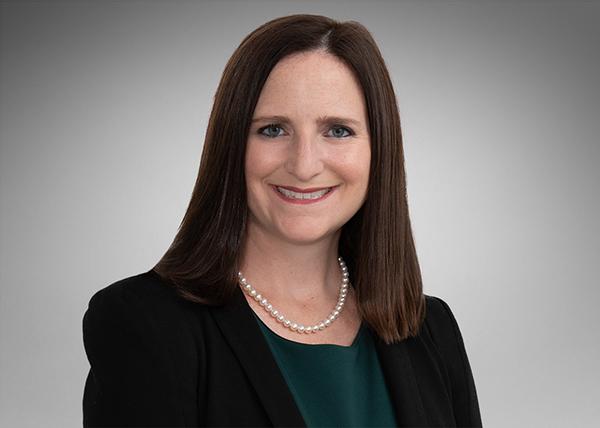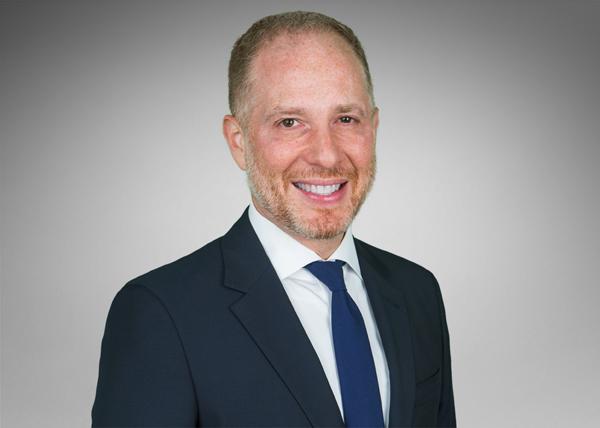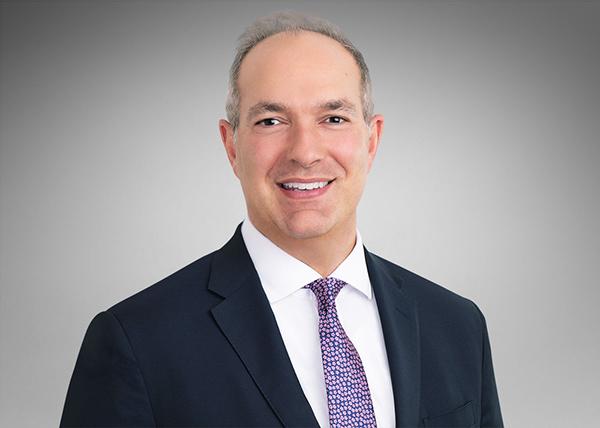I. What You Need to Know:
- On March 7, 2024, Deputy Attorney General (“DAG”) Lisa Monaco announced that DOJ is embarking on a “90-day sprint” to develop and implement a pilot program that will provide whistleblowers the chance to receive a monetary award in exchange for new information about “significant corporate or financial misconduct.”
- Few details on the program are public, but DOJ noted some initial program parameters.
- Acting Assistant Attorney General (“AAG”) Nicole Argentieri shared that the program will leverage Title 28 of the U.S. Code, which authorizes the Attorney General to pay awards for “information or assistance leading to a civil or criminal forfeiture.”
- Whistleblowers “involved in the criminal activity” will be ineligible for an award.
- Whistleblowers may receive an award only after all victims have been properly compensated, and only if they submit truthful information, voluntarily, with no pre-existing obligation to disclose or imminent threat of disclosure—and where there is not “an existing financial disclosure incentive” from another agency or statutory scheme.
- DOJ signaled that it might establish a “monetary threshold” to limit awards to cases in which recovery exceeds a certain amount.
- DOJ suggested that the program will be utilized in cases involving domestic corruption, foreign corruption outside of the jurisdiction of the SEC, and “criminal abuses of the U.S. financial system.”
- DOJ’s announcement leaves much to be clarified—such as who will qualify, how awards will be calculated, and precisely what types of cases and resolutions the program will reach.
- Forthcoming details may also shed light on how the pilot program may affect the efficacy of DOJ’s other policies promoting voluntary self-disclosure (“VSD”) and interact with other whistleblower programs. It is possible, though, that the pilot program could further complicate companies’ decision-making regarding VSDs or that the complex patchwork of whistleblower programs and their respective eligibility criteria could complicate considerations for would-be whistleblowers. As we pointed out in a previous alert, multiple and overlapping initiatives can lead to policy fatigue and confusion that may frustrate DOJ’s (or other agencies’) programmatic goals.
- As stakeholders await clarity, companies should continue to invest in compliance programs and strengthen internal mechanisms for escalating and responding to potential misconduct. This will best position companies to at least consider the potential benefits of a VSD, even if the playing field becomes more complicated.
II. DOJ’s Pilot Program Charts a Narrow Path Amid a Complex Patchwork of Other Whistleblower Programs, Limited Statutory Authority, and Apparent Policy Choices
In announcing the pilot program, DOJ positioned it as filling gaps in the existing patchwork of federal whistleblower programs (and complementing DOJ’s VSD programs). But are they true gaps or merely pinholes, and just how well will DOJ’s new program serve to fill them?
As a threshold matter, the pilot program will not provide for recovery if a whistleblower is eligible for an award under an existing federal whistleblower program. This means that whistleblowers eligible for recovery under the SEC whistleblower program (for reporting possible violations of federal securities laws or regulations) or the Commodity Futures Trading Commission (“CFTC”) whistleblower program (for reporting possible violations of federal commodities laws or regulations), both adopted pursuant to the Dodd-Frank Wall Street Reform and Consumer Protection Act of 2011 (“Dodd-Frank”), will not be eligible under DOJ’s pilot program. While DOJ seeks to leverage what it views as the success of those programs—having “received thousands of tips, paid out many hundreds of millions of dollars, and disgorged billions in ill-gotten gains from corporate bad actors”—DOJ’s program by its terms must target different types of underlying conduct. It also must target different underlying conduct from the IRS’s and the Department of Treasury’s Financial Crimes Enforcement Network (“FinCEN”) whistleblower programs and the statutory qui tam regime for enforcement of the civil False Claims Act (“FCA”), among others. According to DOJ, the conduct not captured by these other programs could at least include domestic corruption cases (especially those involving illegal corporate payments to government officials), foreign corruption cases (for instance, FCPA violations by non-Issuers and Foreign Extortion Prevention Act (FEPA) violations), and certain cases involving “criminal abuses of the U.S. financial system.” In theory, however, the pilot program could sweep more expansively to include other criminal conduct with a U.S. nexus committed by foreign companies, such as in the areas of export controls, sanctions, or fraud.
Another potential limitation on the applicability of the DOJ pilot program relates to DOJ’s statutory authority to pay whistleblowers. In her speech, AAG Argentieri pointed to 28 U.S.C. § 524(c)(1)(C) as the statutory basis for DOJ’s pilot program. Section 524(c)(1)(C) authorizes DOJ to use the Assets Forfeiture Fund (“AFF”) to pay “awards for information or assistance leading to a civil or criminal forfeiture.” By these terms, the pilot program clearly would appear to be confined to use in cases that result in a civil or criminal forfeiture—as distinguished from administrative forfeiture or other forms of monetary recovery, such as restitution or criminal or civil penalties. This means that, in cases in which DOJ wishes to issue an award under the pilot program, it will need to resolve them through charges and resolution vehicles that result in forfeiture—again, without overlapping with other existing whistleblower programs. Forfeiture (and the equitable remedy of disgorgement) have been obtained in several types of cases, including FCPA cases against both Issuers and non-Issuers, but we would imagine that, in whistleblower cases under this new program, an otherwise-eligible whistleblower will push DOJ to style the recovery as forfeiture in order to ensure the payout of an award.
For now, we take DOJ at its word that there are cases not effectively covered by existing whistleblower programs—and in which civil or criminal forfeiture is a realistic remedy—where there remains room to incentivize would-be whistleblowers to come forward. But perhaps the policy views underlying the limitations DOJ embedded in the pilot program and the existing statutory constraints have contributed to DOJ’s historical use of its section 524(c)(1)(C) statutory authority, as AAG Argentieri said, “here and there—but never as part of a targeted program.” With these hurdles in mind, it remains to be seen whether DOJ’s pilot program might reach levels like the nearly $600 million doled out by the SEC in FY2023, or whether it will hover closer to the level of AFF disbursements under subsection (c)(1)(C) in the same fiscal year—approximately $13 million.
DOJ’s policy choice to limit eligibility for awards to individuals who were not “involved” in the reported conduct—whom DAG Monaco described as “traditional corporate whistleblowers”—is another important constraint that may exclude those most likely to provide potentially valuable information. This aspect of the pilot program contrasts with some other initiatives, like the SEC program and the FCA regime, which take involvement in the underlying conduct into account, but do not apply categorical exclusions on this ground, short of a criminal conviction.
III. DOJ’s Effort to Bring in More Tips Exists Among Numerous Other Initiatives to Generate Self-Disclosure
Although the pilot program represents a new front in DOJ’s ongoing efforts to learn about corporate misconduct, few will be surprised that DOJ will be offering “carrots,” doled out at its discretion, in exchange for information. Over the past three presidential administrations, DOJ has gradually increased the incentives available for companies that self-disclose wrongdoing.What started with DOJ’s FCPA Unit offering companies a declination at DOJ’s discretion has evolved into all DOJ criminal components now offering concrete benefits for VSDs, with the most favorable policies providing for a presumption of a declination with disgorgement. We analyzed these developments in several client alerts, including here, here, and here. DOJ now offers such benefits in the M&A context as well, which we previously covered. And some U.S. Attorney’s Offices have implemented formal VSD programs for individuals. In particular, the U.S. Attorneys for the Southern District of New York and the Northern District of California each recently announced pilot programs to incentivize culpable individuals to come forward with information about corporate wrongdoing or public corruption in exchange for the possibility of receiving a resolution through a non-prosecution agreement, as opposed to facing criminal charges for their role in the wrongdoing.
DOJ has positioned the pilot program as complementary to its corporate VSD initiatives, with DAG Monaco asserting that they “reinforce each other and create a multiplier effect.” But could the pilot program complicate VSD decisions for companies, by creating greater uncertainty about whether they will reap the benefits of coming forward? VSD decisions are already extraordinarily complex, and it has always been the case that a company could make what it thought was a voluntary disclosure that turns out not to be treated as such because DOJ was already aware of the conduct, including through a whistleblower. Now, however, DOJ’s carrots could increase the likelihood that such a whistleblower has already come forward. The incremental hypothetical risk that a company’s VSD will not be considered voluntary could have the effect of leading companies to shy away from making a VSD. In particular, with DOJ itself now actively encouraging whistleblower tips under the pilot program, and DAG Monaco emphasizing that credit is available only to the “first in the door,” companies may feel that the risk has increased of making a disclosure that unbeknownst to them may not qualify for VSD credit. Perhaps during its “90-day sprint” DOJ will consider the policy prerogatives behind encouraging companies to come forward voluntarily and contemplate whether there is room for credit to be shared.
Moreover, if would-be whistleblowers do avail themselves of reporting mechanisms internal to their companies in the first instance, how will DOJ evaluate the voluntariness of subsequent corporate VSDs? DOJ’s Evaluation of Corporate Compliance Programs guidance incentivizes companies to establish hotlines and compliance cultures that encourage employees to raise potential concerns internally for the company to investigate and remediate. At the same time, DOJ has made clear that disclosures a company might make to the government do not qualify as “voluntary” if they are made under “imminent threat of disclosure.” Will DOJ treat the internal report as raising the specter of imminent disclosure, especially now that the internal reporter is financially incentivized to also present the information to DOJ, such that the receipt of the internal report could imperil the voluntariness of a company’s self-disclosure? We hope that pragmatism will prevail in DOJ’s calculus, but we also think that it will be important for DOJ to telegraph how it will handle potential ambiguities among a range of potentially overlapping policies.
IV. Looking Ahead
Given that DOJ is in the midst of its sprint, time will tell how some of these big picture, programmatic questions are resolved. In the meantime, stakeholders presumably will have the opportunity to provide input as DOJ works out the details of the pilot program.
Beyond the big picture questions identified above, a range of technical aspects of the pilot program will be of interest to would-be whistleblowers and companies alike. For instance:(A) will DOJ’s program require (like the National Highway Traffic Safety Administration’s program, though subject to waiver) or strongly encourage (like the SEC’s program) corporate whistleblowers to make internal reports before going to the government; (B) will certain categories of corporate insiders be excluded from DOJ’s program (like some are by the SEC’s program, in most circumstances); (C) what level of “involvement” in the criminal activity will preclude eligibility for would-be whistleblowers; and (D) will monetary caps or bureaucratic approval requirements on awards issued under DOJ’s pilot program diminish its efficacy?
As we have learned with existing whistleblower and VSD incentive programs, there are a variety of challenges that come with designing and operating an initiative that effectively surfaces potential misconduct. As DOJ builds out its whistleblower program, we will be watching to see how it strikes a balance between promoting whistleblower reports and incentivizing strong corporate compliance programs, in-depth internal assessments, and corporate VSDs.
In the meantime, companies should continue to invest in compliance programs and strengthen internal mechanisms for escalating and responding to potential misconduct. This will enable companies to at least evaluate the potential benefits of a VSD, even if the playing field becomes more complicated.
If you have any questions concerning the material discussed in this client alert, please contact the members of our White Collar Defense and Investigations practice.
Back
Back






